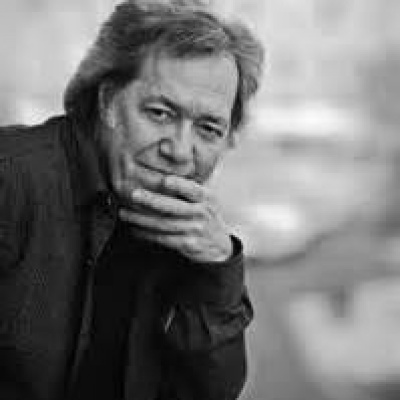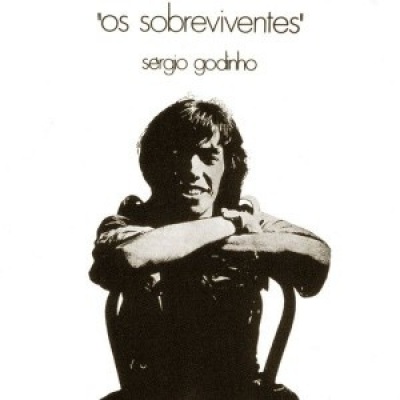
Sérgio Godinho
by Evan C. Gutierrez Sérgio Godinho is widely reputed to be one of the most significant creative forces driving popular Portuguese music in the latter half of the 20th Century. Sometimes called the man of 7 instruments' for his musical versatility, Godinho has earned the widespread respect both as a songwriter and instrumentalist. Though primarily known as a musician, Godinho enjoyed a thriving career as a well-published poet and graced stage and screen as an actor. Born in Porto, Portugal in 1945, Sérgio spent many of his early years traveling internationally before channeling his attentions towards his career as a solo artist. Having spent time in Brazil, Canada and the Netherlands, Godinho initiated his recording career on French soil in 1971. His debut disc Os Sobreviventes, followed a year later by Pre-Histórias won him "Author of the Year" and "Album of the Year" respectively. Upon word of the revolution in his homeland, Godinho returned to Portugal shortly thereafter. His third original release was recorded in Portugal and whole heartedly embraced by it's people. Á Queima-Roupa (1974) introduced Godinho to the Portuguese public, and made him a star overnight. With a record released nearly every other year, Godinho became a fixture in his nation's pop culture landscape, cementing a place in Portuguese musical history. Even as the years pressed on, his popularity did not dwindle. Godinho's records consistently enjoyed significant sales, including his 2008 release Nove e Neia no Maria Matos. Recorded better than three decades after his debut, the album debuted inside the Top 40 on Portuguese Pop charts.

